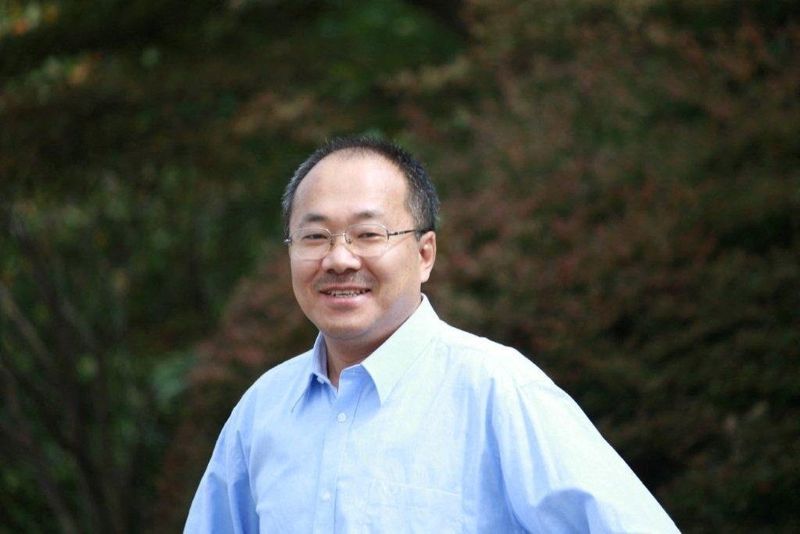By Laurie Chen and James Pomfret
BEIJING/HONG KONG (Reuters) -A Beijing court sentenced veteran Chinese state media journalist Dong Yuyu on Friday to seven years in prison for espionage, his family said in a statement, calling the verdict a grave injustice.
Police in the Chinese capital detained the 62-year-old former Guangming Daily editor and journalist in February 2022 while he was lunching with a Japanese diplomat, the U.S. National Press Club said in a statement. He was later charged with espionage.
"Sentencing Yuyu to seven years in prison on no evidence declares to the world the bankruptcy of the justice system in China," Dong's family said in a statement provided to Reuters.
"Today's verdict is a grave injustice not only to Yuyu and his family but also to every freethinking Chinese journalist and every ordinary Chinese committed to friendly engagement with the world."
The family added that in the court judgment, Japanese diplomats whom Dong met were "specifically named as agents of an 'espionage organisation,' which is the Japanese embassy in Beijing".
Dong's conviction implied every Chinese citizen would be "expected to know that the Chinese government may consider those embassies to be 'espionage organisations'", it said, which would cause a chilling effect.
Police guarded the court on Friday, with seven police cars parked nearby, and journalists were asked to leave the area. A U.S. diplomat said they had been barred from attending the hearing.
Dong has been detained in a Beijing prison since a closed-court hearing in July 2023, the press club said in September.
Chinese authorities handled the case "strictly in accordance with the law", foreign ministry spokesperson Mao Ning told a regular press briefing on Friday.
The United States issued a statement on Friday condemning Dong's sentencing as "unjust," and called for his immediate and unconditional release.
Japan's Foreign Minister Takeshi Iwaya refused to comment on the verdict.
"In any case, diplomatic activities conducted at our missions abroad are legitimate activities," he told a routine press conference.
"Chinese authorities must reverse this unjust verdict, and protect the right of journalists to work freely and safely in China," said Beh Lih Yi, Asia program manager at the Committee to Protect Journalists.
"Dong Yuyu should be reunited with his family immediately."
Dong regularly had in-person exchanges with diplomats from various embassies and journalists.
The Japanese diplomat he met, one of two he had regularly met in the past, was also detained for several hours, spurring a complaint from Japan's foreign ministry.
At the time, a Chinese foreign ministry spokesperson said the diplomat was engaged in activities "inconsistent with their capacity" in China. The diplomat was later released.
A Nieman Fellow at Harvard University in 2007, Dong was a visiting scholar and visiting professor at Keio University and Hokkaido University in Japan, his family said in a statement in April 2023.
He joined the Guangming Daily, affiliated to the ruling Communist Party, in 1987, after graduating from Peking University law school, and was the deputy editor of its commentary section.
He wrote opinion articles in Chinese media and liberal academic journals on topics from legal reforms to social issues, and co-edited a book promoting the rule of law in China.
His articles advocated moderate reforms while avoiding direct criticism of President Xi Jinping.
His family had initially kept news of his detention private in the hope that charges could be reduced or dropped, but were told in March 2023 that he would stand trial, they said in their statement.
Non-government bodies (NGOs) advocating press freedom have called for his release, with more than 700 journalists, academics and NGO workers signing an online petition for him to be freed.
"Dong Yuyu is a talented reporter and author whose work has long been respected by colleagues," said Ann Marie Lipinski, curator of the Nieman Foundation for Journalism at Harvard.

"We stand with many in hoping for his release and return to his family."
In February, a Beijing court handed a suspended death sentence to Australian writer and pro-democracy blogger, Yang Hengjun, on espionage charges.